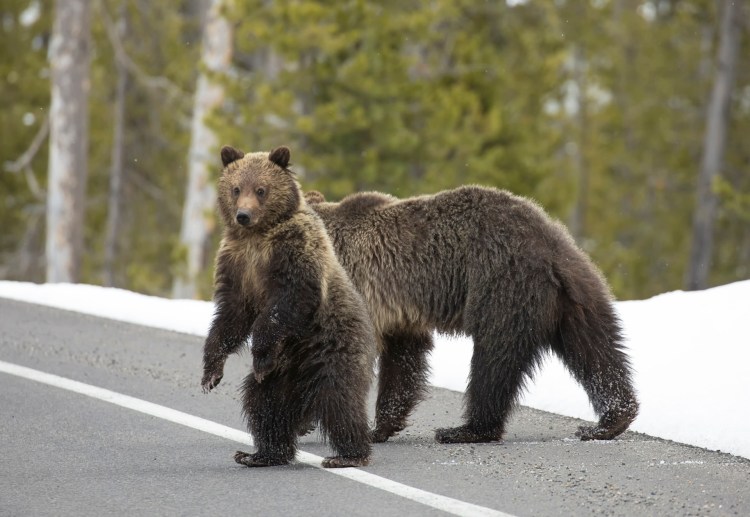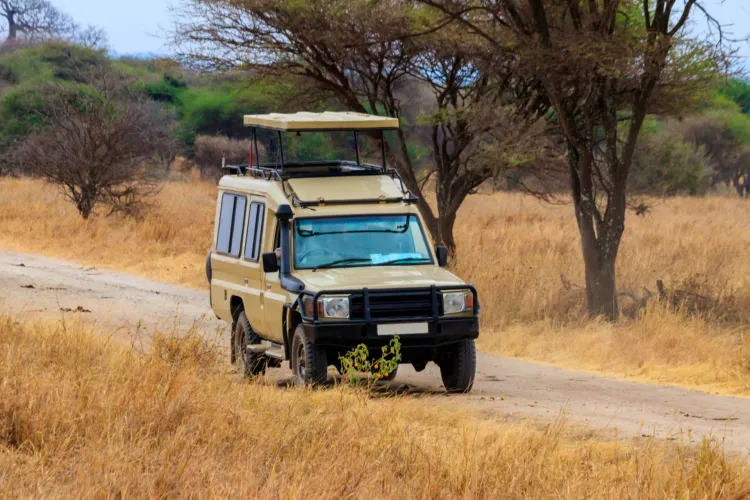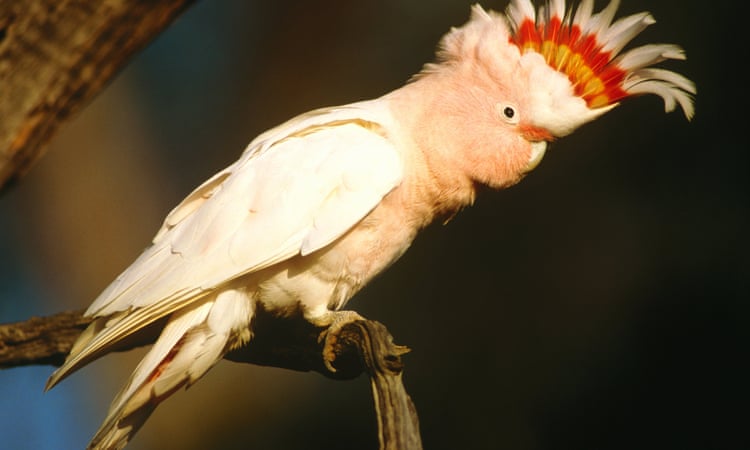Your love for the environment and wildlife can easily grow into something bigger and become your career. The field is full of exciting job titles. The best part is that you can work in a wide variety of industries. Choose an academic career, work for consulting firms, collaborate with nonprofits, or even join law enforcement—and these are only a few of the potential employers. Interested to discover more? Read on for the top ten jobs for wildlife and conservation biology majors.
If your life goal is to protect the biodiversity of our planet, consider a job as a conservation specialist. You will need a degree in conservation biology, which takes a lot of research, climate studies, and analysis of wildlife populations and ecosystems. Don’t worry. It’s not as complicated as it sounds, especially if you buy essay from a reliable paper writing service like EssayService. Besides, if you want something more practical, you can use a degree in conservation biology to advocate for nature-friendly regulations and legislation.
A wildlife biologist is one of the ‘default’ career paths to choose with a degree in this field. According to the US Bureau of Labor Statistics, there were about 17,000 jobs in the area with median pay of $64,650 per year in 2021. The work of a wildlife biologist could be as diverse as the wildlife itself. For example, you can research the impact of climate change on wildlife or manage specific animal populations.
Depending on the area a wildlife biologist specializes in, their work environment varies as well. They could analyze biological samples in labs, care for wild animals outdoors, or research and develop wildlife-related policies in the office.
A wildlife consultant collaborates with companies and governments to provide them with guidance. They evaluate the possible impact of decisions on nature and advise on improvements. Wildlife consultants also help to navigate legal requirements and implement new technologies. The areas of their expertise could be diverse: from water resources and forestry to land use and zoology.
If you are looking for more creative jobs that involve animals and nature, why not become a wildlife photographer? It is one of the high-paying jobs that allows you to collaborate with various publications and organizations.
The job duties of a wildlife photographer involve taking photos of animals in their natural habitats. Aside from the obvious aesthetic value, the job also combines educational and conservational components. Photographers spread information and awareness through their work on issues like climate change and endangered species, inspiring people to take action.
Wildlife and conservation specialists are needed in law enforcement as well. As a conservation officer or park ranger, you can help enforce wildlife regulations. This involves verifying hunting licenses and making sure that other visitors are abiding by conservation laws. Wildlife law enforcement officers sometimes even take on the role of educators and inform the public about important nature protection measures.
If being all wrapped up in science does not scare you, a career in academia is an appealing option. Wildlife and conservation studies are still new disciplines, so there are a lot of opportunities for discoveries. Besides, various post-grad jobs and fellowship prospects are great for gaining more experience and sharing your knowledge with others.
Knowledge of biology is useful in investigating crimes involving wildlife. Those could be cases of smuggling, animal cruelty, bioterrorism, etc. If you decide to apply your degree to this unusual career path, you will be analyzing samples in laboratories that could be later used as evidence.
If your fascination is marine life, a job as a marine biologist might be just right for you. It involves monitoring and tracking marine species, writing reports, and engaging in academic activities to convey your findings. The job is also great for people who want to travel as it allows you to conduct various exotic expeditions.
Public relations are key in wildlife conservation. Its success often relies on collective effort and awareness. This is where public outreach coordinators step in and inform people of environmental issues.
Public outreach coordinators plan and organize events to promote wildlife conservation. Collecting and analyzing data and delivering their findings are among their responsibilities as well. They also collaborate with businesses and landowners to recommend them the best wildlife management practices.
A wildlife technician is a popular entry-level job. If you choose this career path, your job duties will involve helping other specialists with research and wildlife management. The job as a wildlife technician gives a person a lot of hands-on experience and a chance to gain skills through fieldwork.
The Bottom Line
If you are passionate about nature, one of these ten career paths could be perfect for you. Aside from diverse and interesting experiences, they also offer you a chance to make a difference and help protect the environment. By studying and promoting wildlife conservation, you help wild animals survive and keep their habitats safe.
:max_bytes(150000):strip_icc()/Wildlife-biologist-125928-final-04e1ab732a46410cadc48ed17b76ea2b.png)





Leave a Reply